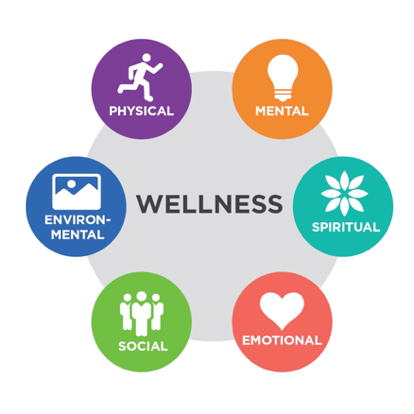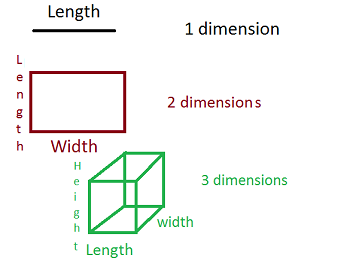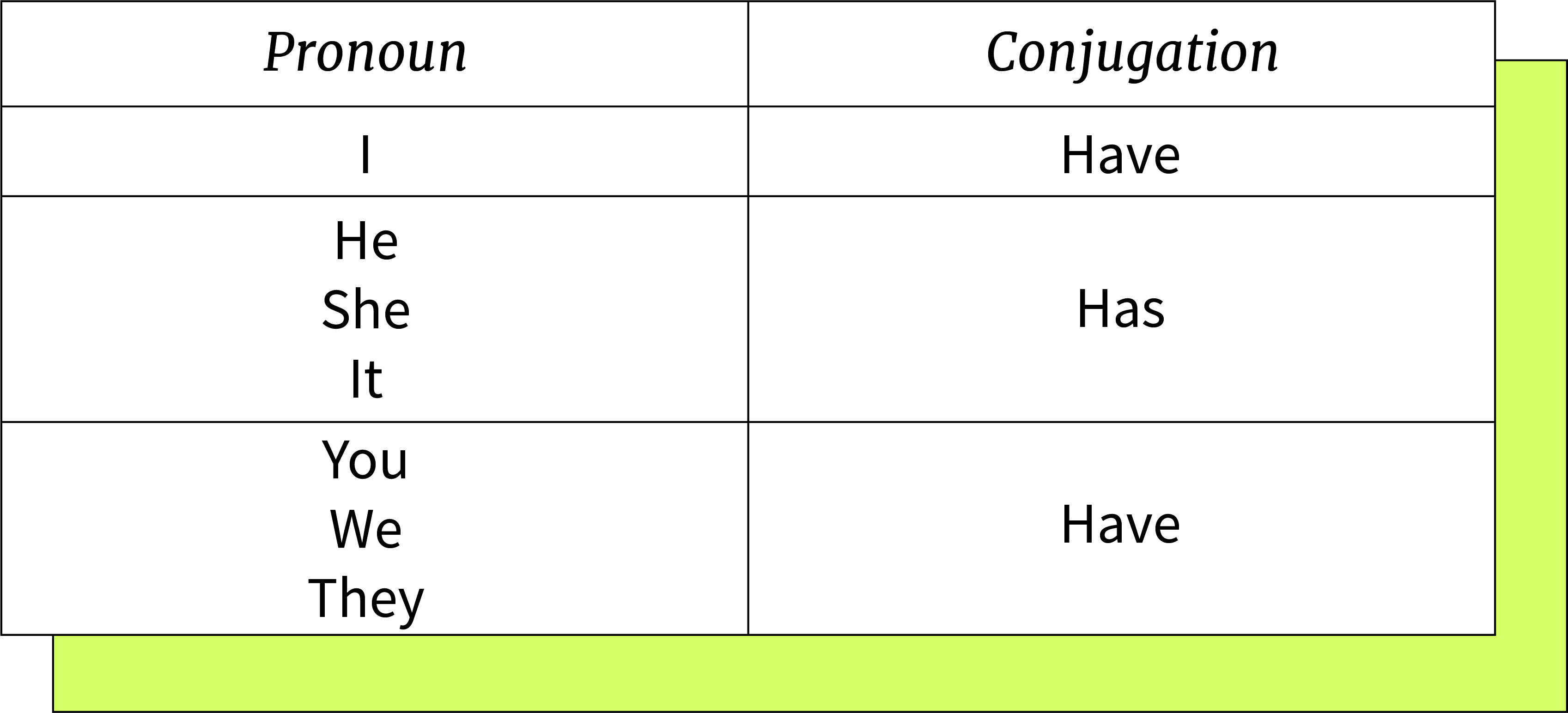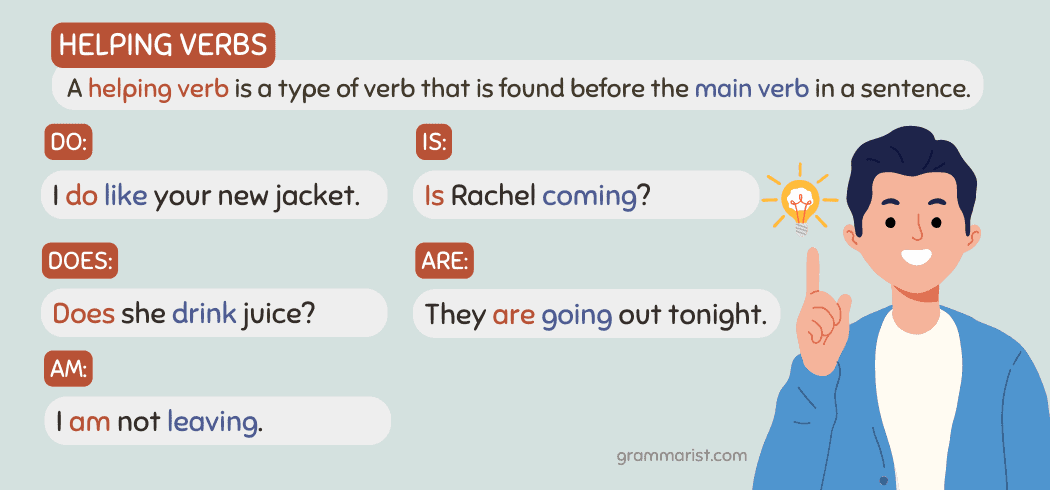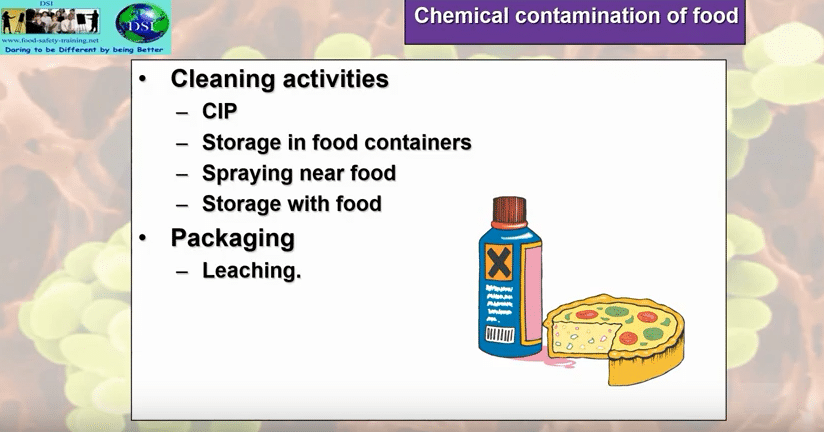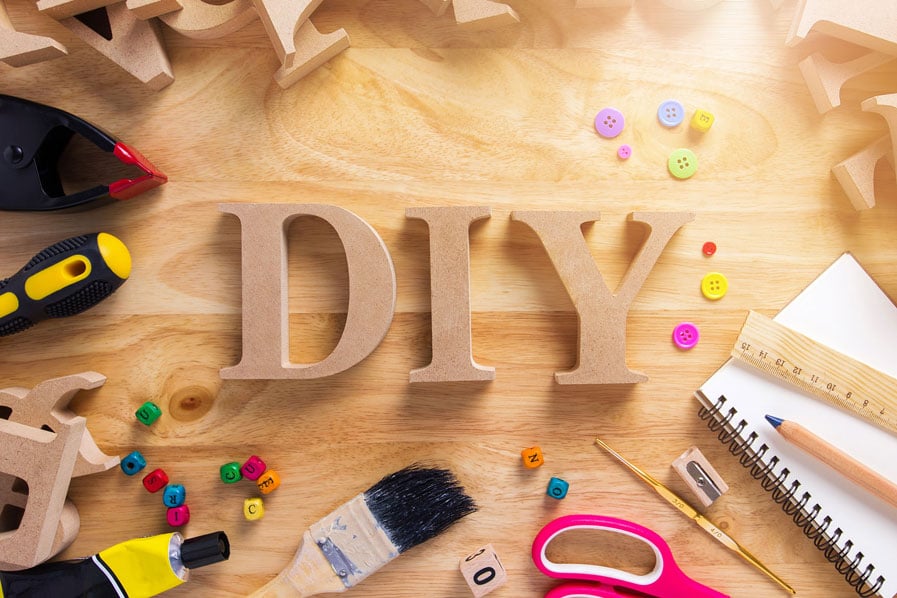The Hidden Costs: How Peer Relationships Can Harm Social Health
Understanding the Impact of Peer Relationships on Social Health
Peer relationships are a cornerstone of social development, particularly during adolescence and young adulthood. While positive peer connections foster support, growth, and belonging, negative interactions can have lasting adverse effects on social health . Social health refers to how individuals interact, form relationships, and maintain emotional well-being through their connections with others. When peer relationships turn negative, they can disrupt this balance, leading to a range of challenges from loneliness to unhealthy behaviors. This article explores the mechanisms by which peer relationships can negatively affect social health, provides real-world examples, and offers practical guidance for addressing and overcoming these difficulties.
Common Ways Peer Relationships Harm Social Health
1. Bullying and Harassment
Bullying and harassment remain among the most damaging consequences of negative peer relationships. This behavior includes physical intimidation, verbal insults, social exclusion, and increasingly, cyberbullying. The effects are profound: victims often experience feelings of isolation, low self-esteem, and depression. In severe cases, the emotional toll can lead to withdrawal from social activities and even suicidal thoughts. For example, a high school student subjected to persistent ridicule may begin avoiding school events, leading to further social isolation and academic decline. According to research, bullying not only affects immediate well-being but can also result in long-term emotional and social struggles [1] .
If you or someone you know is facing bullying, it’s crucial to seek support. Start by contacting a trusted adult, such as a teacher or school counselor, and document incidents of bullying. Many schools have anti-bullying policies and resources. If you are unsure where to turn, you can search for local support services using terms like “anti-bullying resources” and your city or region.
2. Peer Pressure and Risky Behaviors
Peer pressure is a powerful force, especially during adolescence when the desire to fit in peaks. Negative peer influence can push individuals to engage in risky or unhealthy behaviors, including substance abuse, unsafe driving, or skipping school. These actions can have immediate health risks as well as long-term consequences for social and emotional development. For instance, a teenager might feel compelled to try alcohol at a party to gain acceptance, risking both physical health and future relationships if the behavior escalates. Research from the National Institutes of Health highlights how peers can alter risk-taking tendencies, sometimes leading to legal or health complications [4] .
To counteract negative peer pressure, individuals can practice assertiveness skills, rehearse ways to say no, and seek out friends who share similar values. Parents and caregivers can also play a role by maintaining open communication and encouraging teens to reflect on their personal goals and boundaries.
3. Social Comparison and Jealousy
With the rise of social media, social comparison and jealousy have become significant stressors in peer relationships. Constantly measuring oneself against others-whether in terms of appearance, achievements, or lifestyle-can breed feelings of inadequacy and exclusion. This is particularly acute when peers present curated, idealized versions of their lives online. The resulting envy can damage self-esteem and erode trust among friends. For example, seeing a peer receive public recognition or amass followers can make others feel invisible or undervalued, leading to withdrawal from social circles [1] .
Addressing these concerns involves fostering self-awareness and developing a more realistic perspective on social media. Individuals are encouraged to focus on their strengths and achievements rather than comparisons. If negative feelings persist, consider speaking with a mental health professional or school counselor for support.
4. Loneliness, Rejection, and Exclusion
Loneliness is a significant outcome of negative peer interactions, often triggered by rejection, exclusion, or unresolved conflict. Adolescents are particularly vulnerable, as peer approval becomes central to their sense of belonging. Research shows that unresolved peer difficulties are key stressors that can lead to chronic loneliness, depression, and social withdrawal [2] . For example, being left out of group activities or ignored in social settings can reinforce feelings of worthlessness and foster a cycle of isolation.
If you notice signs of loneliness in yourself or others, it’s important to reach out. This could involve joining a new club, volunteering, or seeking support from a community organization. Parents and educators can promote inclusion by encouraging empathy and ensuring that everyone has opportunities to participate.
5. Negative Social Norms and “Contagion” of Risky Behaviors
Peer groups often establish social norms that influence behavior. When these norms promote unhealthy habits-such as excessive drinking, smoking, or poor dietary choices-individuals may adopt similar behaviors to fit in, even if they conflict with personal values. The concept of “social contagion” explains how negative behaviors can spread through peer networks, compounding their impact on social and physical health [3] . For example, if a peer group normalizes skipping class, members may feel less motivated to attend, potentially affecting academic performance and future opportunities.
Counteracting negative social norms requires conscious effort. Individuals can seek out positive peer groups, set personal boundaries, and engage in activities that align with their values. Schools and community organizations can also support healthy choices by offering programs on decision-making and peer influence.
Practical Steps to Address Negative Peer Influence
Recognizing the challenges posed by negative peer relationships is the first step toward improving social health. Here is a step-by-step guide to navigating these issues:

Source: dreamstime.com
- Awareness: Reflect on your current peer relationships. Are they supportive, or do they cause stress and anxiety? Identifying patterns is key.
- Seek Guidance: If you experience bullying, exclusion, or persistent negative pressure, talk to a trusted adult, school counselor, or mental health professional. Many schools and workplaces have support systems in place.
- Build Skills: Develop assertiveness and conflict-resolution skills. Many community centers and online programs offer workshops in communication and decision-making.
- Find Supportive Communities: Consider joining clubs, sports teams, or volunteer groups where positive interactions are encouraged. This can help expand your social network and introduce you to healthier friendships.
- Professional Help: If negative peer experiences have led to anxiety, depression, or other mental health concerns, seeking professional support is critical. Licensed therapists, counselors, and social workers can provide individualized strategies for coping and recovery.
For additional information, you can visit the official website of the National Institutes of Health Wellness Toolkits or search for local mental health resources in your area.
Alternative Approaches and Solutions
When traditional approaches to improving peer relationships are insufficient, alternative strategies may be helpful. These include:
- Peer Mediation: Some schools and community organizations offer peer mediation programs, where trained students help mediate conflicts between peers.
- Mentorship Programs: Connecting with a mentor-whether through school, community organizations, or professional networks-can provide guidance and model healthy relationship skills.
- Online Support Groups: For those experiencing social anxiety or exclusion, online forums and support groups can offer a sense of community and understanding. When using online resources, always verify the credibility of the platform and prioritize your safety.
If you are unsure of where to start, consider searching for “peer mediation programs” or “youth mentorship opportunities” in your community, or ask a school counselor for recommendations.
Key Takeaways
Negative peer relationships can manifest in many forms-bullying, peer pressure, social comparison, exclusion, and the spread of unhealthy norms. Each of these challenges can undermine social health, leading to loneliness, low self-esteem, and risky behaviors. However, by recognizing these issues and taking proactive steps-such as seeking support, building skills, and engaging with positive communities-individuals can protect and improve their social health.

Source: alamy.com
Remember, healthy relationships are built on respect, understanding, and support. If you or someone you know is struggling, help is available through schools, community organizations, and professional services. For more information and resources, visit the NIH Wellness Toolkits or contact your local health department.
References
- [1] Urgent Care of Kansas (2025). How Can Peer Relationships Negatively Affect Your Social Health.
- [2] Dove Medical Press (2024). The effect of peer relationships on adolescent loneliness.
- [3] National Institutes of Health (2010). Social Relationships and Health: A Flashpoint for Health Policy.
- [4] NIH News in Health (2021). The Power of Peers.
- [5] Robert Wood Johnson Foundation (2018). With a Little Help from My Friends.
MORE FROM eboxgo.com
